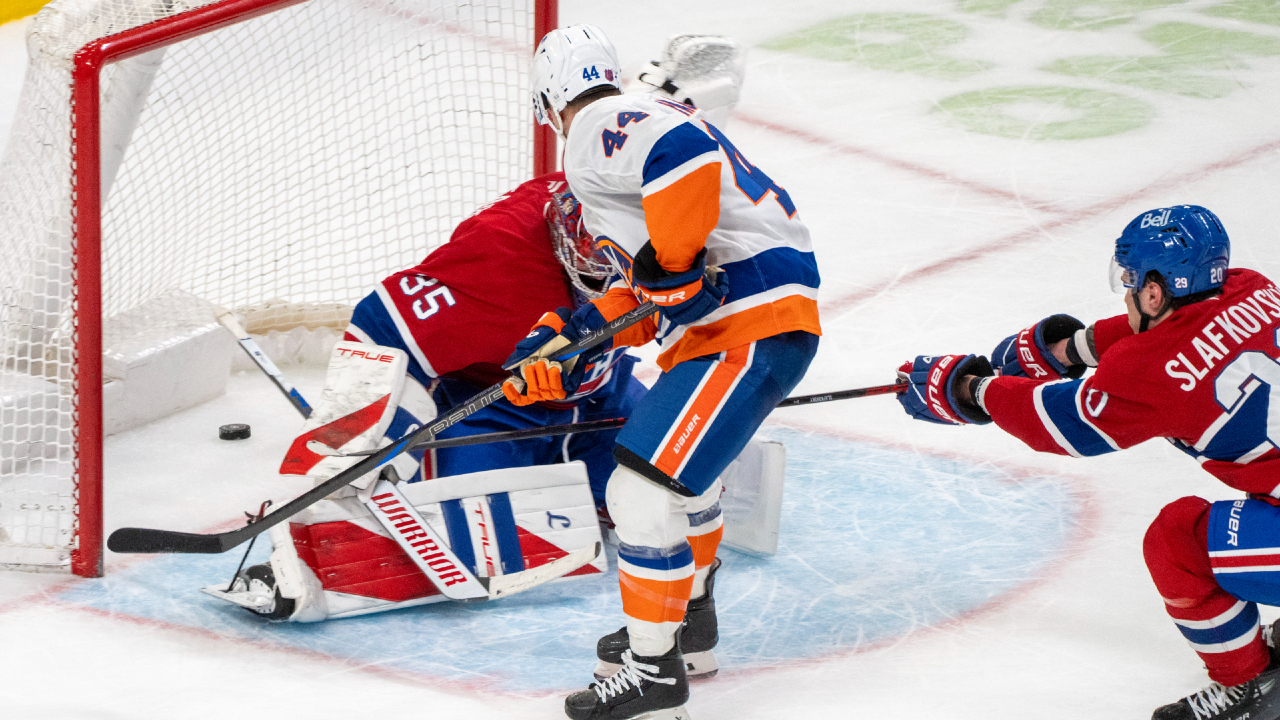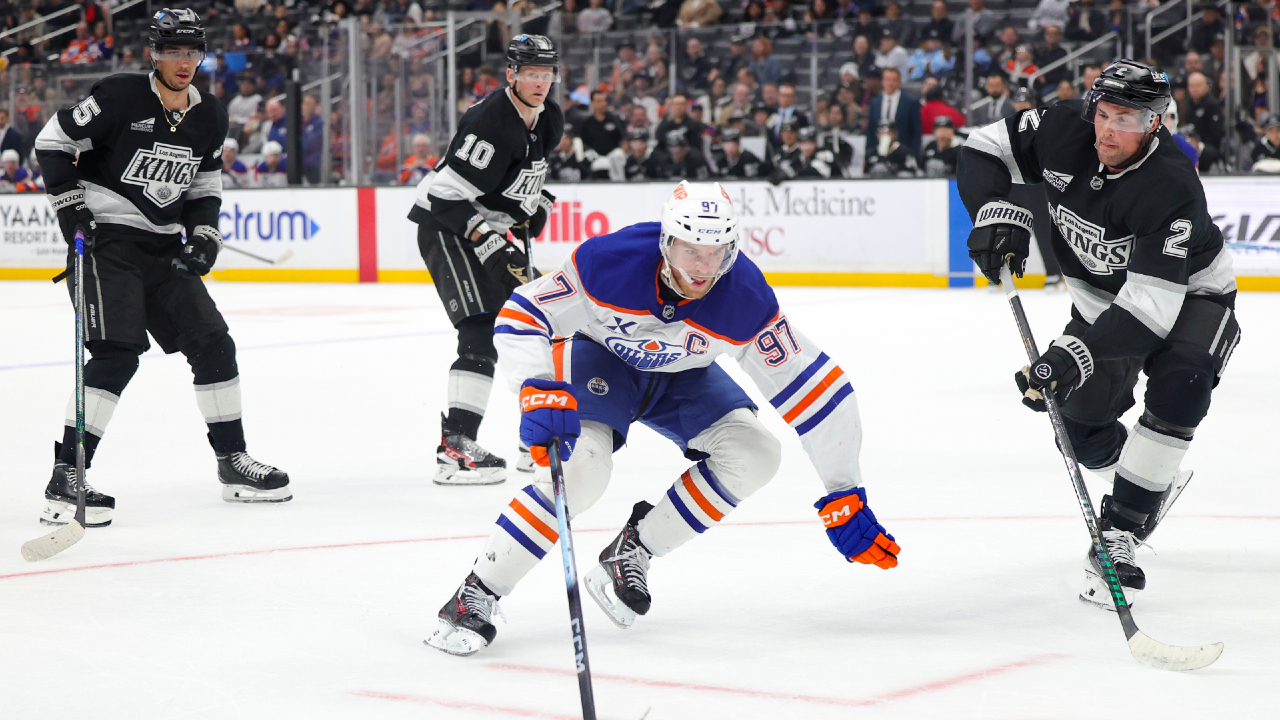
MINNEAPOLIS — So, it was the top of the 10th at Target Field Sunday, moments after Jordan Romano blew his fourth save of the season, surrendering a one-run lead in the ninth.
Whit Merrifield started the inning on second, and he’s really fast, which is how he beat Byron Buxton’s throw to third after a medium-deep Santiago Espinal fly ball to lead off the inning. And it’s how he unbelievably — replay review appeared to show Merrifield clearly being out — beat Tim Beckham’s throw home after a shallow-medium Cavan Biggio fly ball a pitch later.

Hey, the Blue Jays will take it. A little luck. A catcher’s knee that went down too early, blocking Merrifield’s path to the plate. One that finally went their way. That gave Romano a fresh, one-run lead to protect in the bottom of the 10th. And in a gutsy performance, the Blue Jays closer mowed down three straight Twins — Jose Miranda, Nick Gordon, and Gio Urshela — to help bring his team back from the brink and steal a 3-2 victory on the road.
It was an invigorating result considering the back-and-forth zaniness that preceded it, not to mention the six scoreless innings the Blue Jays got from starter Kevin Gausman, who’s now riding a 14-inning shutout streak over his last two starts.
Gausman was up to his usual tricks, mixing elevated fastballs with splitters that dove beneath the zone and just enough sliders to remind right-handed hitters he had it. He allowed baserunners in five of his six innings, but the Twins never threatened to cash them as Gausman dialled up the intensity when needed, reaching back for 96’s and even a few 97’s at critical junctures.
Gausman’s success was built on his command of that fastball, as he allowed only three balls in play over 100-m.p.h. and none harder than 102.5 while using Target Field’s confines to his advantage, earning eight flyball outs. And although he earned 13 swinging strikes — six with his splitter, five with his fastball, and two with his slider — it was still a day Gausman relied on the defence behind him more often than usual.
That high volume of balls in play and the consistent traffic he pitched through could have been part of the rationale for interim manager John Schneider yanking Gausman after the sixth at only 84 pitches and with the bottom of Minnesota’s order due up. No one would have blinked if Gausman came back out for another one.
But Anthony Bass was crisp in the seventh, and although Yimi Garcia allowed a run in the eighth thanks to a single, balk, single sequence, the ball got to Romano in the ninth with a one-run lead. That’s been good enough plenty of times this season, but not Sunday, as Romano hit Carlos Correa with an 0-2 heater and eventually let him round the bases off singles by Gary Sanchez and Luis Arraez.
Meanwhile, the Blue Jays got to Twins starter Chris Archer for one in the second, as Bo Bichette doubled home Teoscar Hernandez’s leadoff single, and another in the third, when Lourdes Gurriel Jr. drove in Cavan Biggio with a single. But they probably ought to have done more damage considering how well they were squaring Archer up, putting eight balls in play at 95-m.p.h. or harder.
The Blue Jays made four outs against Archer on balls in play with expected batting averages over .440, including a 104-m.p.h. Vladimir Guerrero Jr. lineout to short in the first, a 105-m.p.h. Alejandro Kirk laser to second a batter later, and a 106-m.p.h. Matt Chapman grounder to short in the fourth. Toronto’s bats were considerably quieter for the rest of the afternoon, as the Twins bullpen threw four scoreless innings of relief behind Archer prior to extras.
Similarly quietly, this week’s series vs. the Baltimore Orioles has taken on some significance. The Orioles entered Sunday having won five straight, pushing up the American League wild card standings despite selling off Trey Mancini and Jorge Lopez at last week’s trade deadline. Only a game out of a playoff spot and three back of Toronto as Sunday’s play began, Baltimore had inched uncomfortably close to a Blue Jays team that had been playing .500 ball over its last week-and-a-half.
Sure, it’s easy to say Baltimore can’t keep winning like it has with a rotation fronted by Jordan Lyles and Austin Voth. But you could’ve said the same thing a month ago. Like it or not, Baltimore keeps winning — at a .614 clip (35-22) since the beginning of June. And of the 54 games the Blue Jays have remaining to play, 15 come against the Orioles. Earlier this season, it was easy to look at that back-loaded schedule and see an easy opportunity for Toronto to stockpile wins leading into the playoffs. Not so much now.
Baltimore’s surge has been partly powered by the production of Adley Rutschman, who is finally delivering on his top prospect pedigree, hitting .343/.495/.562 over the last month. Rutschman’s weakness this season has been against left-handed pitching, which has held him to a .155/.286/.224 line over 70 plate appearances. With Rutschman batting second behind the left-handed hitting Cedric Mullins, the Orioles have a pocket at the top of their order that any opposing manager would love to counter late in games with a left-handed reliever.
Just one problem for the Blue Jays — they don’t currently have one. After Tim Mayza dislocated his right shoulder Saturday, Toronto’s bullpen is exclusively right-handed. Trevor Richards does have significant reverse splits over his career, and Yimi Garcia has neutralized lefties to a .157/.241/.294 line this season. But it stands to reason that the Blue Jays would like to sneak at least one true left-handed option into their bullpen.
Matt Gage could be that guy. He joined the Blue Jays in Minneapolis Sunday morning on the club’s taxi squad after throwing a scoreless inning for the Buffalo Bisons a time zone away in Scranton the night prior. It would’ve been asking a bit much for Gage to be available to pitch on a such a quick turnaround following a sleepless night. But he could be a possibility this week in Baltimore.
And the 29-year-old rookie impressed during an 11-outing MLB stint earlier this season, allowing only two earned runs over 13 innings pitched while striking out a dozen before getting caught up in a roster shuffle. Toronto’s player evaluation model identified Gage as an upside play last off-season and all he’s done since is prove it right, pitching to identical 1.38 ERA’s in both triple-A and the majors. There’s no denying he’s earned some run.
Beyond Gage, there’s Foster Griffin, who the club acquired from the Kansas City Royals in a minor deal prior to the all-star break. The cutter-heavy 27-year-old’s made five scoreless appearances for the Bisons since, but struggled at the big-league level with the Royals this season, allowing six earned runs in 4.1 innings.
There’s also Tayler Saucedo, who’s been on the injured list since suffering a hip injury in April. Saucedo’s been back in competition for some time now with Buffalo, pitching to a 0.75 ERA with 15 strikeouts and six walks over 12 innings since late June. But an impediment is the Blue Jays needing to create a 40-man roster spot for Saucedo, who’s currently on the 60-day IL and half-way through a second rehab assignment that began on July 24.
Beyond those three — Anthony Kay’s been shut down for over a month — the Blue Jays will have to look externally for left-handed relief help. And wouldn’t you know it, there’s Jake McGee floating out on waivers for the second time in the last four weeks.
McGee was dominant only a season ago, pitching to a 2.72 ERA and 3.35 FIP with a 20.1 K-BB% out of the San Francisco Giants bullpen. He spent much of the year serving as the closer for a 107-win club, converting 31 saves in 35 opportunities.
But that success did not carry over to 2022, as McGee imploded over a series of rough May outings and wound up on the injured list with lower back tightness. He earned better results upon his return, stringing together nine scoreless appearances from late May through mid-June and regaining his leverage role. But a four-outing span in which he allowed six runs on 9 hits convinced the Gaints they’d seen enough, and the team designated him for assignment in early July.
McGee ultimately found his way to the Brewers on a minor-league deal, but the change of scenery didn’t impact his results, as he’s now back on waivers after allowing four runs on seven hits across six appearances with Milwaukee. The biggest issue for McGee no matter where he’s pitched this season has been a significantly depressed strikeout rate, which went from 41.8 per cent with the World Series champion Los Angeles Dodgers in 2020, to 24.3 percent in 2021, and now 12.4 per cent in 2022.
It’s tough to say why McGee’s stuff has suddenly stopped being effective. He’s always been a fastball-dominant pitcher, using his heater over 90 per cent of the time each of the last two seasons. But he’s given up an incredible rate of damage with it this year — a .401 wOBA against. He’s throwing the pitch as hard as he ever has, averaging 94.6-m.p.h., and using it similarly to the fashion he did last season. It’s just not getting the same results.
Part of the issue could be McGee’s slider, which has lost considerable movement over the last several seasons as he’s begun throwing it harder. Hitters simply aren’t tempted by it, swinging at McGee’s sliders only 38 per cent of the time this year after offering at over 50 per cent the last two. But that’s still a pitch he’s using only 16 per cent of the time. He lives and dies with his fastball.
Do the Blue Jays see something in McGee’s delivery that could be tweaked to help his heater play the way it used to in the zone? Could they help him regain what he’s lost on his slider and make it more enticing to hitters? Is it unrealistic to expect those kinds of adjustments to be made and take hold over only a few weeks? Those are the questions the Blue Jays will have to ask themselves in considering McGee.
Another, perhaps more pressing question — what other options do they have? Gage has earned an extended look and Saucedo appears to be in form at triple-A, but the Blue Jays would certainly feel better with those two providing depth behind someone more tested. What’s certain is that even after acquiring two relievers at last week’s trade deadline, Toronto’s bullpen will remain a fluid situation for the weeks to come. And it could be tested this week at Camden Yards against a club no one ought to be taking lightly anymore.






